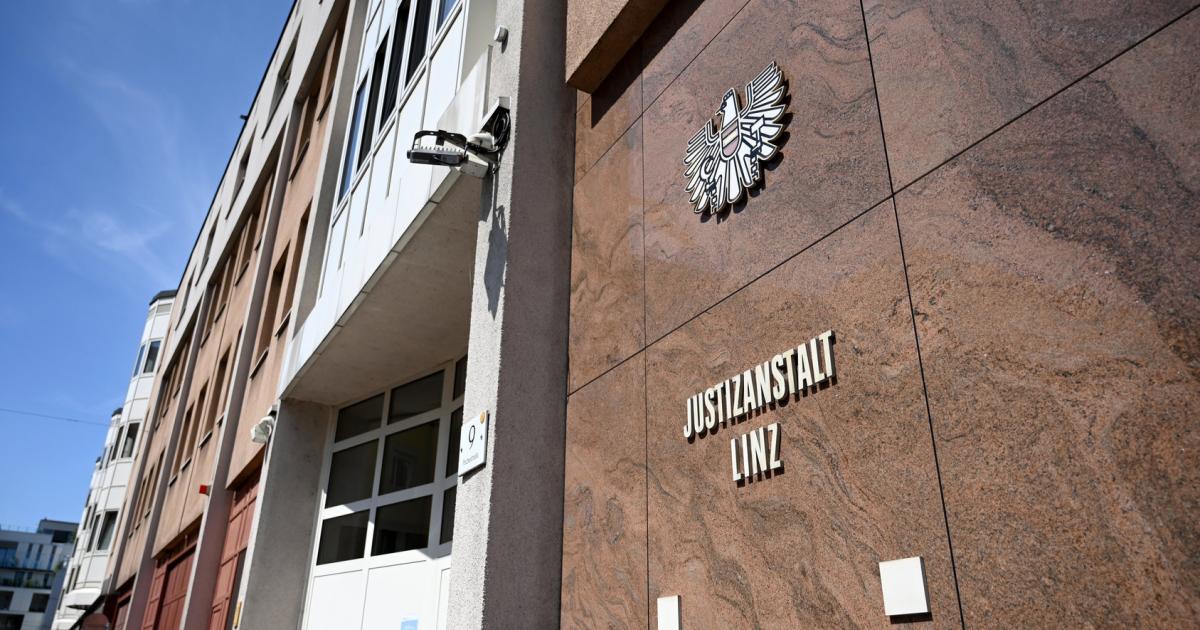One hand on the handlebars of his bike, the other showing the surrounding arid countryside, Julien explains that he wouldn’t go to work by car for anything in the world: “On a bike, I see animals very often and the seasons change. . That’s wonderful ! With Anne-Sophie, his wife, also a physiotherapist, they have been covering the 8 km and 400 m of elevation gain that separates them from their home to their work for 14 years, in the heights of Montrodat, in Lozère. With electric bikes from the outset, they have been a pioneer: “It smoothed out the Lozère for us! »
Pioneers, but also still a minority today: according to the Vélo et Territoire association, 80% of daily journeys in rural areas are made by car, although half of these journeys are less than 5 km, or 10 minutes by car. and 20 minutes by bike.
The very low share of cycling in rural areas can be explained in particular by the lack of infrastructure: in Lozère, which has 7,500 km of roads, there are only 16 km of cycle paths. And according to the figures of the barometer of the results of public action, the more a department is rural, the less it has cycling facilities.
A situation that Elisabeth Thys would like to see changed. This retired septuagenarian co-founded the association “Voies vertes en Gévaudan” to campaign for the establishment of cycling facilities in the Marvejols valley. “Cars and trucks go very fast and it’s dangerous for cyclists, it really doesn’t make you want to cycle. »
Anne-Sophie and Julien’s family ticks all the boxes: every morning, they cycle their two youngest children to school, they cycle to work whatever the weather, even when it snows, and they do their shopping dragging a cart. “We have a car,” says Julien, “but we only use it to get around on weekends or to go on vacation. »
In France, 35% of households own two cars, and this figure rises to 70% when it comes to a couple with children. However, according to the National Union of Family Associations, replacing a car with a bicycle would save 300 to 500 euros per month. An economy that Anne-Sophie and Julien do not feel: “We do this mainly out of ecology and because it is now essential to our personal balance”, concludes Anne-Sophie.
The modal share of cycling in rural areas is now barely 1.5%. However, according to Mathieu Chassignet, engineer in sustainable mobility at ADEME, “60% of French people would like to cycle more, but on secure infrastructure”. So to reach the figure of 9% of the modal share of cycling in France in 2024, “we will have to make great efforts in rural areas” concludes the engineer.
Find all the episodes of the Biclou series
–


